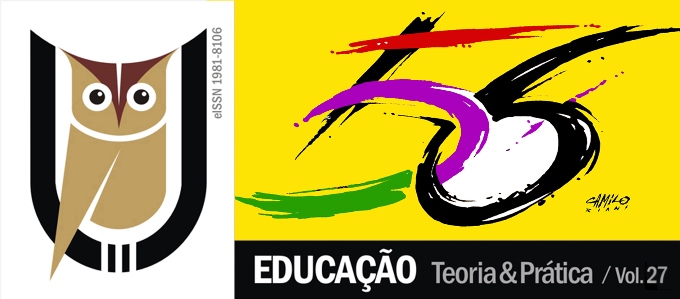TIME AND EDUCATION: REFLECTIONS ABOUT FRANCE AND GERMANY
DOI:
https://doi.org/10.18675/1981-8106.vol27.n56.p592-610Keywords:
escola de tempo integral, norma temporal, política educacional, tempo e educaçãoAbstract
This article aims to analyze the characteristics of the educational policy in two countries: Germany and France, particularly regarding the full-time school. The documentary and bibliographical research focused on information from the OECD on educational policy in the countries participating in PISA, as well as those provided by the European Community. Time, as an analytical category, is understood sociologically as a social construction, inscribed in the advent of the capitalism, responsible for determine rhythms and processes, including the private life sphere. As results, it was found that France maintains a solid tradition in full-time schools, where students remain in basic education linked to the curriculum and to the deepening of learning a second language. Germany, on the other hand, adheres gradually to such policy, in response to the negative results presented in PISA in 2000; However, privileges the second shift to reinforcement and recovery classes, and not as a form of curricular complementation. Keywords: Full-time School. Temporal Rules. Educational Policies. Time and Education.Published
How to Cite
Issue
Section
License
Authors who publish in this journal agree to the following terms:
a) Authors assign copyright to the journal, with the work simultaneously licensed under the Creative Commons Attribution License that allows sharing of the work with acknowledgment of authorship and publication in this journal.
b) The policy adopted by the Editorial Committee is to assign copyright only after a period of 30 months from the date of publication of the article. After this time, authors interested in publishing the same text in another work must send a letter to the Editorial Committee requesting the release of the assignment of copyright and wait for a response.
c) This journal provides public access to all its content, since this allows greater visibility and reach of published articles and reviews. For more information on this approach, visit the Public Knowledge Project, a project that developed this system to improve the academic and public quality of research, by distributing OJS as well as other software to support the public access publication system to academic sources. The names and email addresses on this website will be used exclusively for the purposes of the journal and will not be available for other purposes. This journal provides open any other party  This work is licensed under a Creative Commons License
This work is licensed under a Creative Commons License


